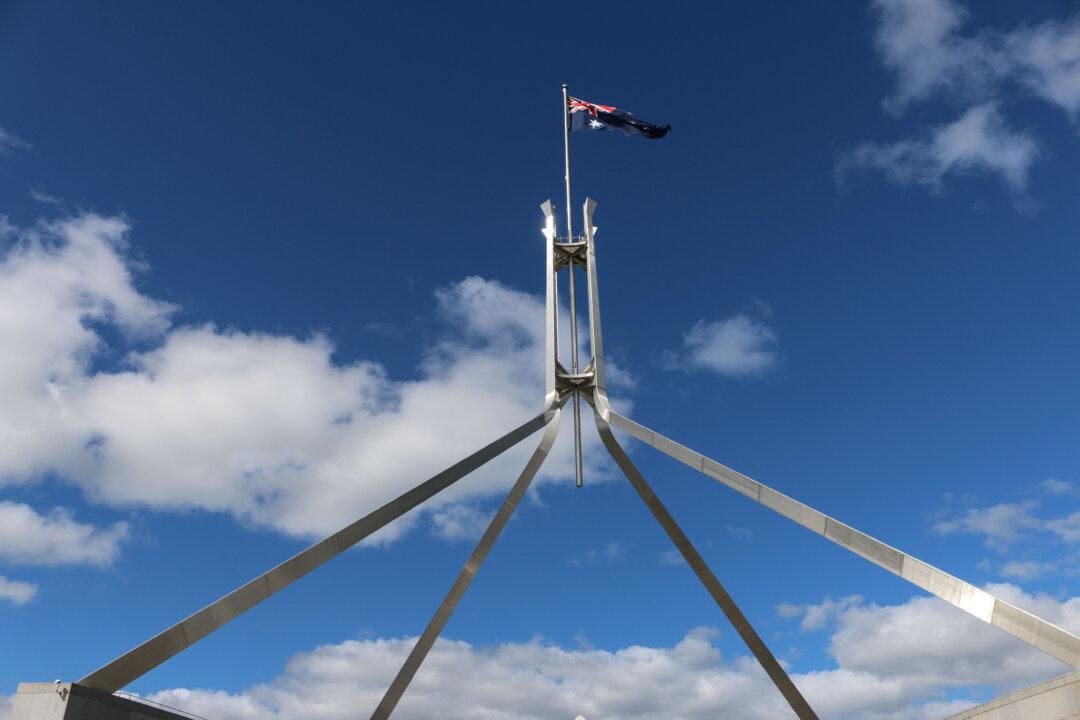Australia’s lower house of Parliament has passed controversial legislation aimed at combatting misinformation and disinformation online.
Debate in the House of Representatives started on U.S. election day, and continued on Nov. 7 as the parliament entered its final weeks before Christmas.





